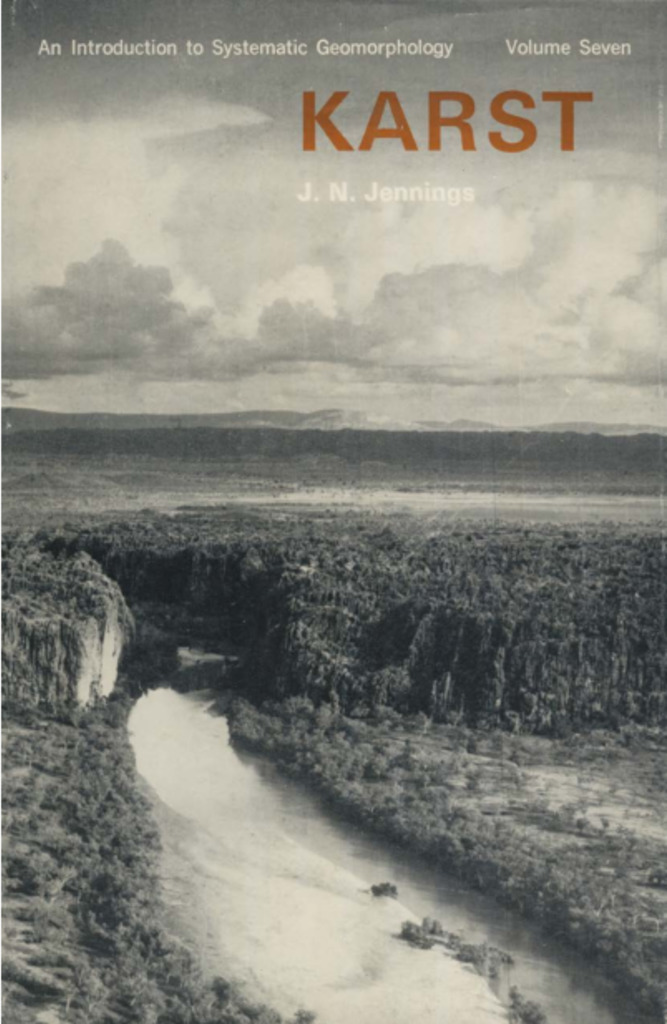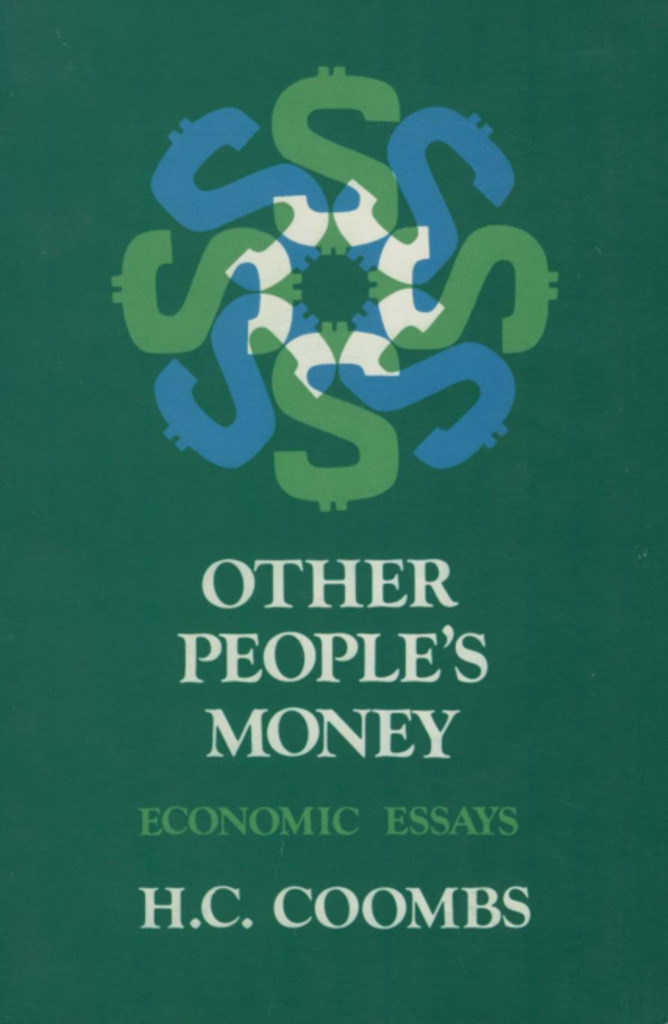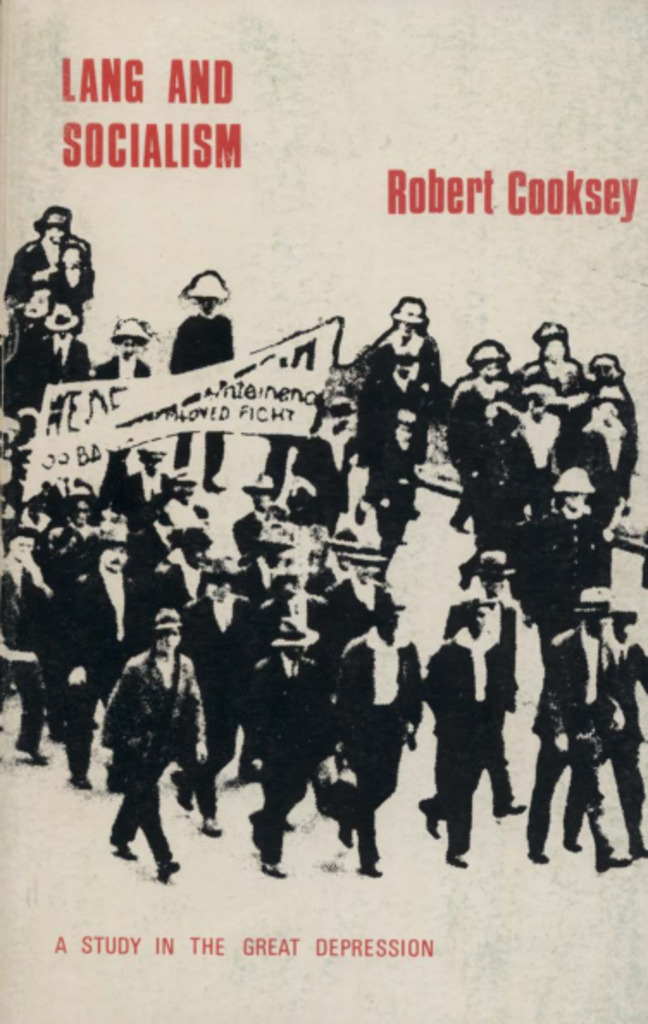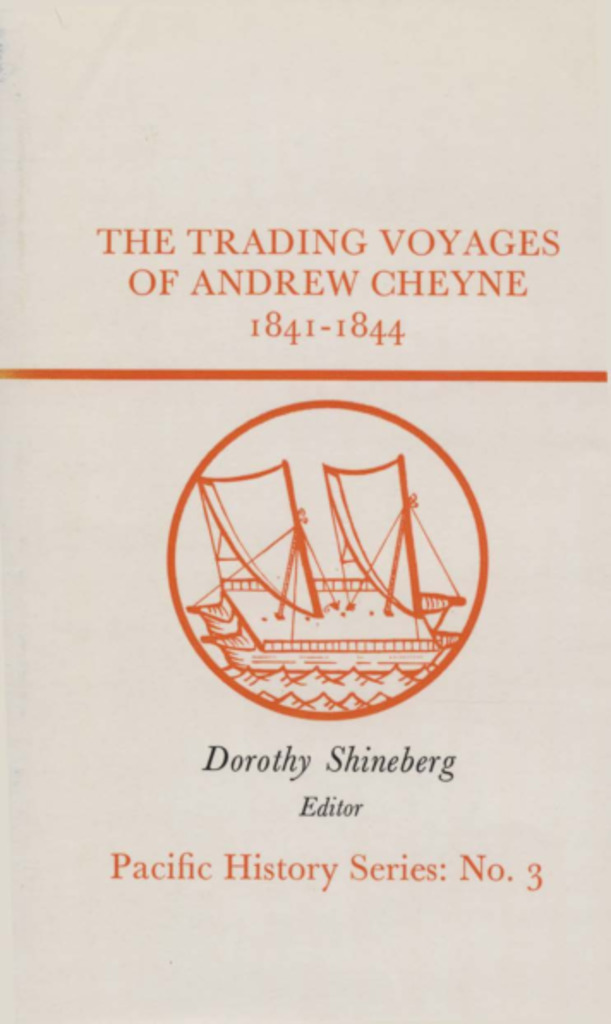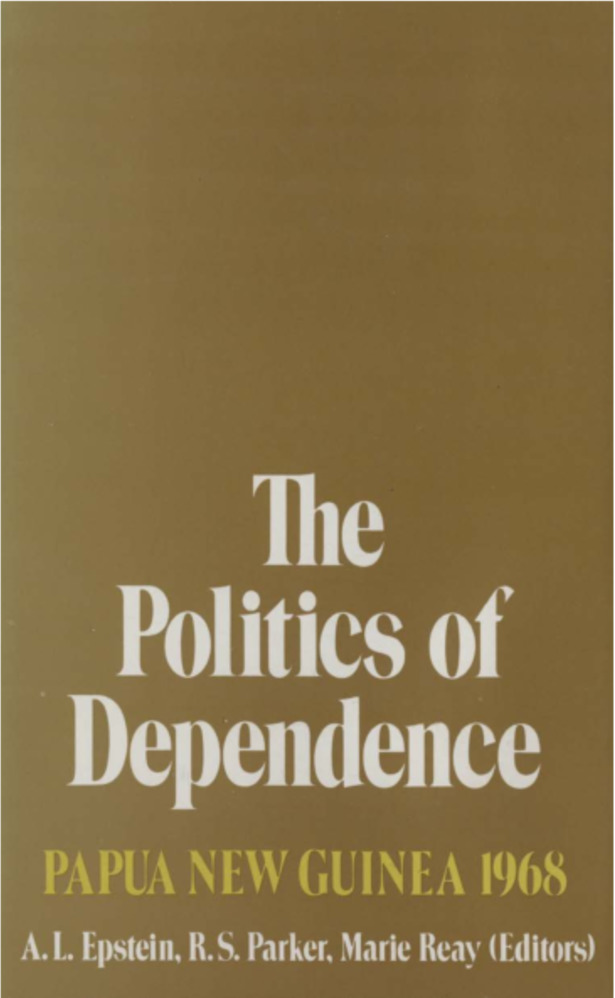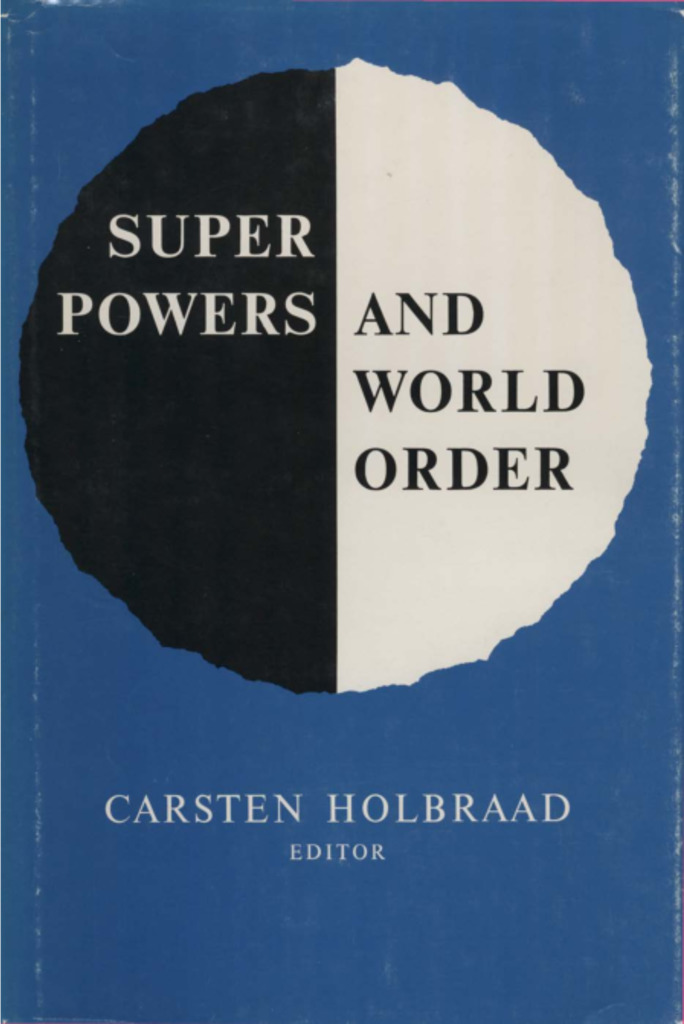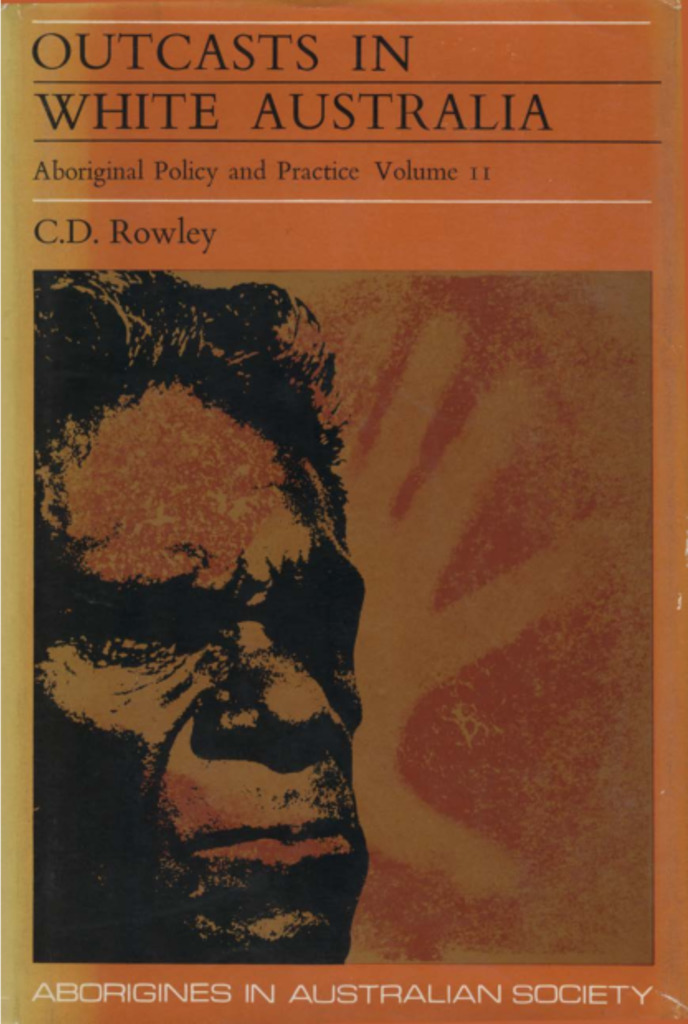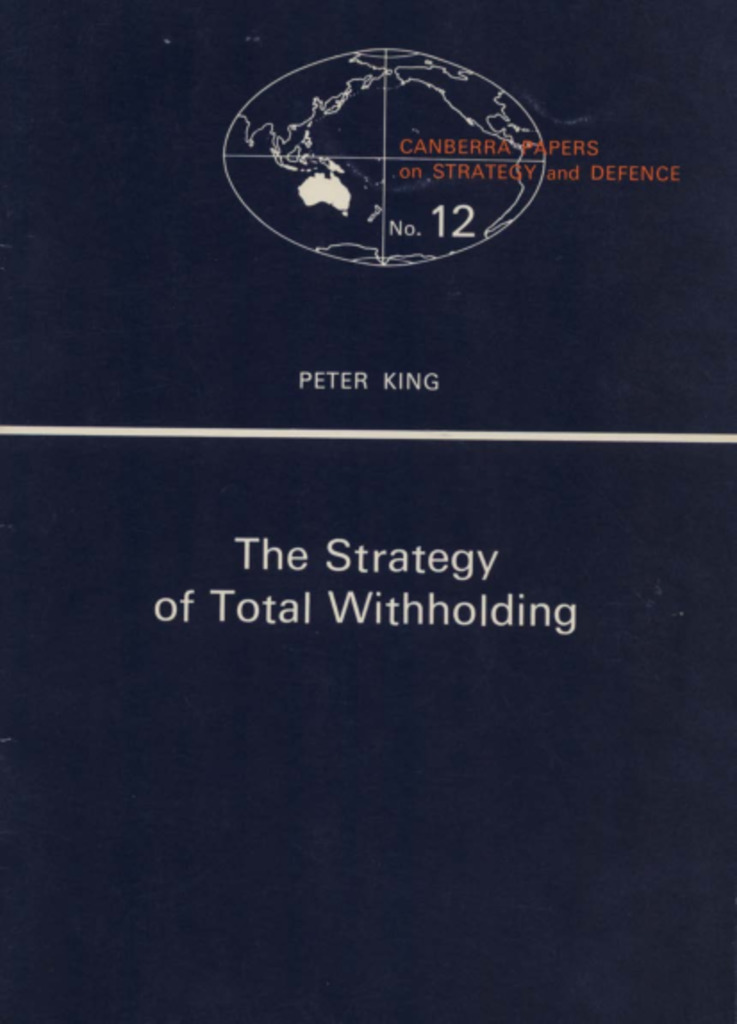
The strategy of total withholding »
Publication date: 1971
This paper describes and criticises official strategic doctrines and what is known of the nuclear weapon safety procedures of the two superpowers. In it Dr King draws attention to many disturbing problems of safety which arise with current and future levels of deployment of nuclear weapons. He then develops the thesis that, in the event of a nuclear onslaught from an enemy power, the United States ought seriously to consider the total withholding of any nuclear response, from the points of view of her own interest and of the world at large. This fundamental re-examination of accepted nuclear strategic doctrine is bound to stimulate controversy and discussion among politicians, the armed services, scholars of international relations, and the general reader anxious to survive into the next century.
